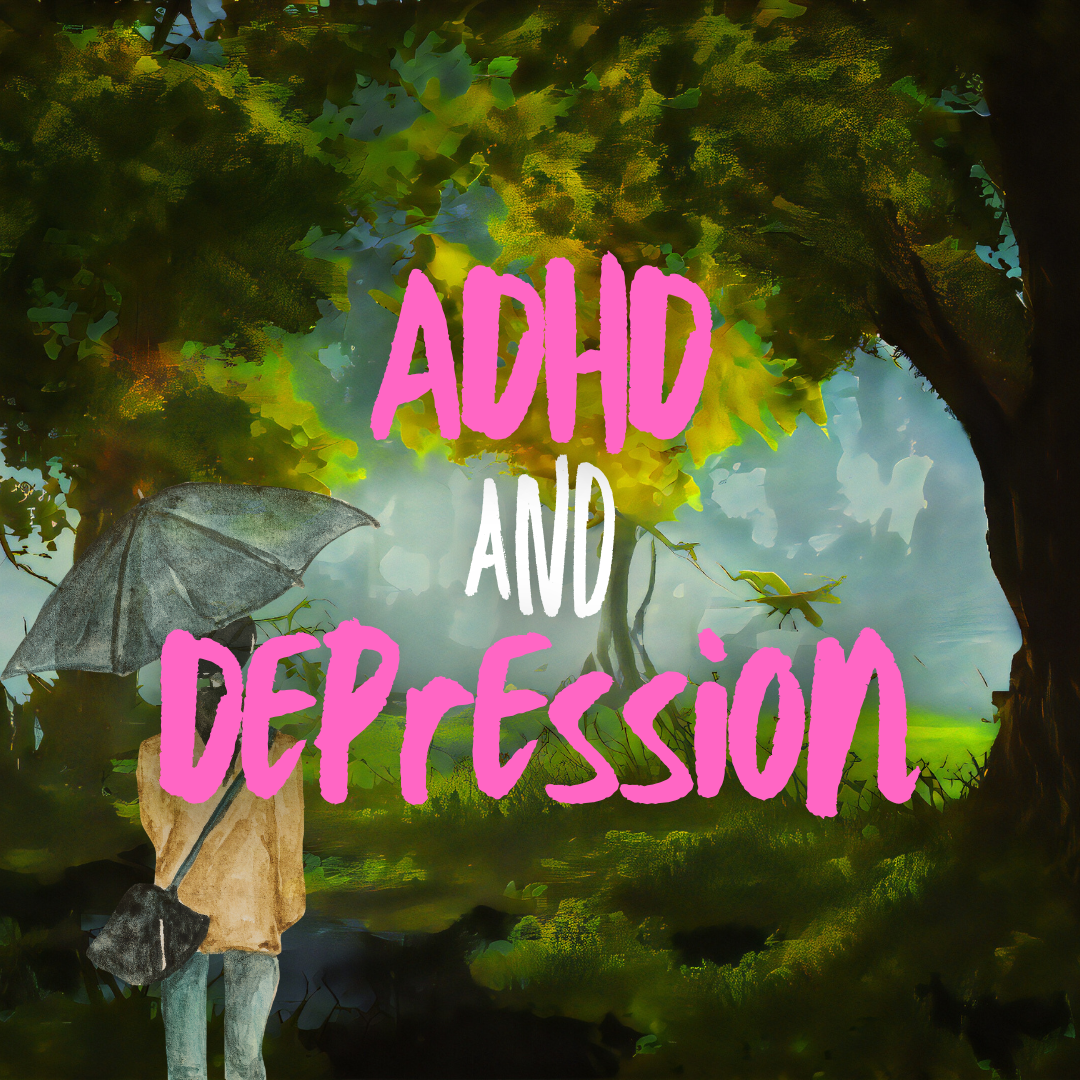Many of us worry about exhibiting ADHD or depressive symptoms, but how many of us ever think about having both together? Unfortunately, this comorbidity (meaning to have both at the same time) between ADHD (Attention-Deficit Hyperactivity Disorder) and depression is a recognized phenomenon in clinical psychology. So while they may be distinct disorders, they can co-occur in individuals, which makes diagnosis and treatment difficult. Here are six facts about comorbid ADHD and depression:

1
Prevalence
Prevalence: Research suggests that individuals with ADHD are at a higher risk of developing depression compared to those without ADHD. Studies have reported that anywhere from 15% to 50% of individuals with ADHD may also experience symptoms of depression at some point in their lives.

2
Symptom Overlap
Symptom Overlap: ADHD and depression can share symptoms, which can make diagnosis challenging. For example, both disorders can involve difficulty concentrating, irritability, and mood fluctuations. However, the underlying causes and presentation of these symptoms differ, which is why it is important to work with a trained mental health professional when facing these circumstances.

3
Risk Factors
Risk Factors: Several factors may contribute to the comorbidity between ADHD and depression. Genetic predispositions, environmental stressors, neurotransmitter imbalances, and alterations in brain structure and function may play roles in the development of both disorders.

4
Impact on Functioning
Impact on Functioning: When ADHD and depression co-occur, the combination can create or worsen difficulties in various areas of their lives. For instance, individuals may struggle with academic or occupational performance, relationships, and overall well-being to a greater extent than those with either disorder alone.

5
Treatment Challenges
Treatment Challenges: Managing comorbid ADHD and depression will usually require a multifaceted approach. Treatment may involve a combination of medication, psychotherapy, behavioral interventions, and lifestyle modifications. However, finding the right balance of interventions tailored to the individual’s specific needs can be complex, so routine check-ins on the effectiveness of each treatment arm is important.

6
Long-Term Outcomes
Long-term Outcomes: Research suggests that individuals with both ADHD and depression may be at increased risk of experiencing chronicity and functional impairment compared to those with either disorder alone. This is why early identification and comprehensive treatment can improve outcomes and quality of life.
Summary
In summary, while ADHD and depression are distinct clinical entities, they can coexist in individuals, posing unique challenges for diagnosis and management. Understanding the interplay between these disorders and addressing their comorbidity comprehensively is essential for promoting optimal mental health outcomes.


Leave a Reply